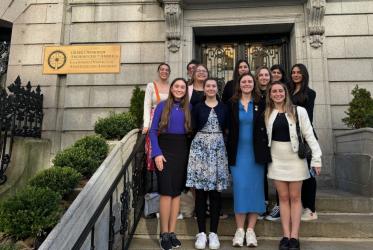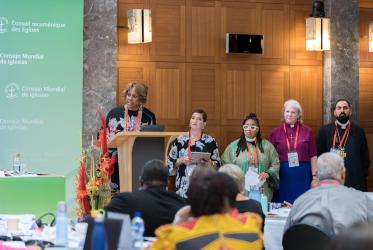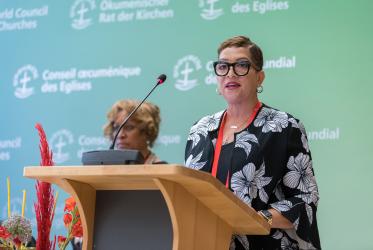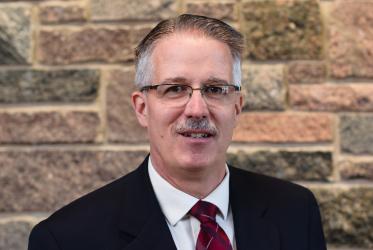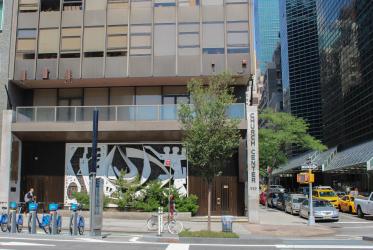Displaying 1 - 20 of 51
Ecumenism in the Philippines means hope and resilience
22 August 2023
In New York City, the spirit of Thursdays in Black is thriving
06 October 2022
Ukraine: Responding to humanitarian need
08 September 2022

